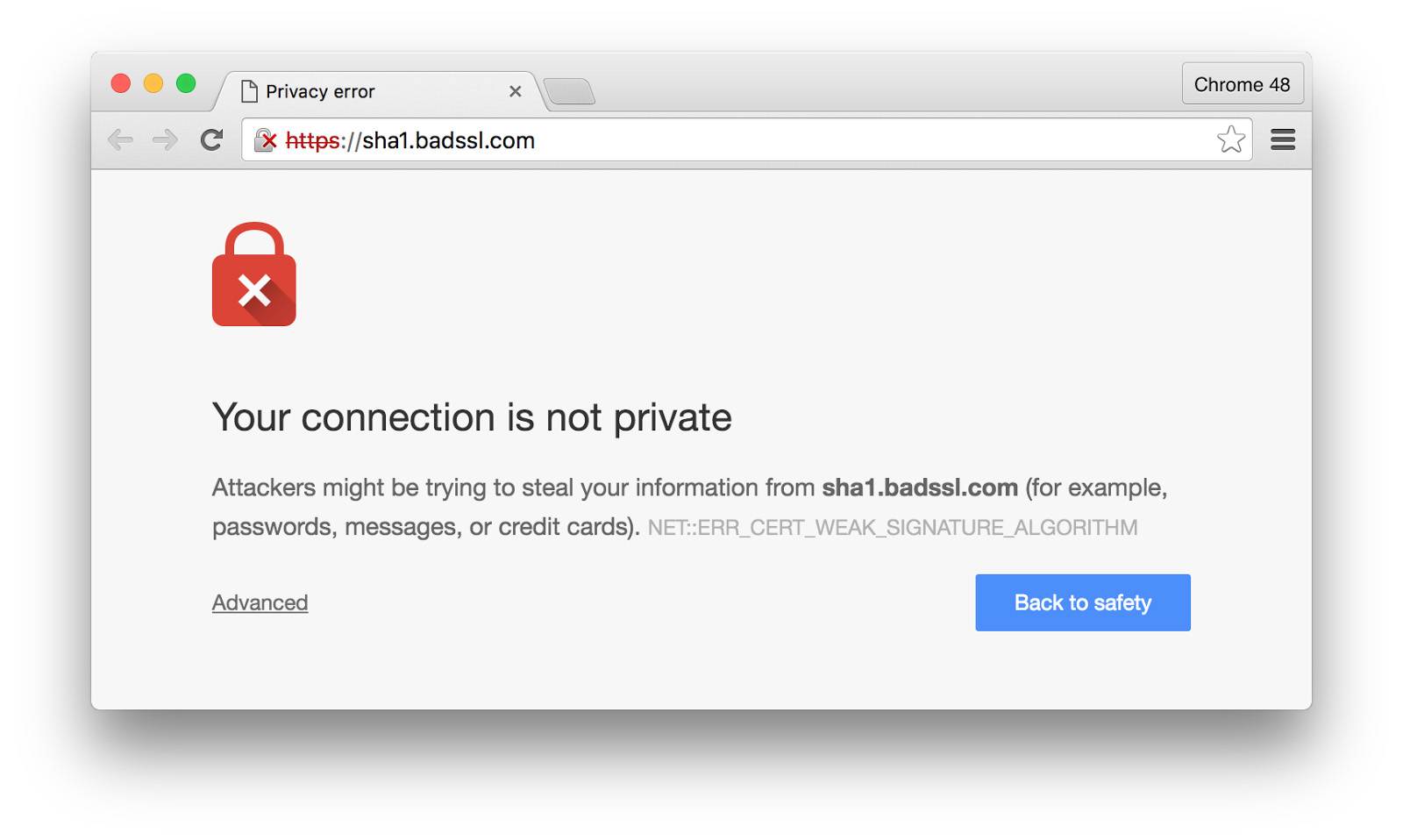
Collision detection for cars? Yeah, scientists are on that. But whenever we read about concepts like this, the accompanying literature is often curiously light on details pertaining to real-life driving conditions; it's often unclear how well the tech will fare if you dredge it up on a foggy day, or in the middle of torrential storm. But in that press release you see down there, low visibility and poorly lit roads are all Panasonic wants to talk about. The company just unveiled its new crash-avoidance system, which, like other concepts we've seen, uses millimeter-wave radar technology to detect pedestrians and bicyclists. Since humans tend to reflect weaker radar signals than cars, Panasonic has designed a new pulse radar code sequence that allows pedestrians to leave a bigger footprint. It's so effective, the company claims, that it can detect bystanders up to 40 meters (131 feet) away, and will work at night and through rain, fog, snow and blinding sunlight. That all sounds promising, of course, but as with other concepts, it's not clear, when, exactly we'll see this system put to good use in the real world.
Continue reading Panasonic details radar-based technology that can detect collisions in low light
Panasonic details radar-based technology that can detect collisions in low light originally appeared on Engadget on Fri, 27 Apr 2012 18:05:00 EDT. Please see our terms for use of feeds.
Permalink | |
Email this |
Comments
 The decades-old SHA-1 encryption used to protect websites is already dying, but a discovery from Google and security researcher CWI Amsterdam could be the killing blow. For the first time, they've found a way to generate a "collision" and create the...
The decades-old SHA-1 encryption used to protect websites is already dying, but a discovery from Google and security researcher CWI Amsterdam could be the killing blow. For the first time, they've found a way to generate a "collision" and create the...
 The decades-old SHA-1 encryption used to protect websites is already dying, but a discovery from Google and security researcher CWI Amsterdam could be the killing blow. For the first time, they've found a way to generate a "collision" and create the...
The decades-old SHA-1 encryption used to protect websites is already dying, but a discovery from Google and security researcher CWI Amsterdam could be the killing blow. For the first time, they've found a way to generate a "collision" and create the...





